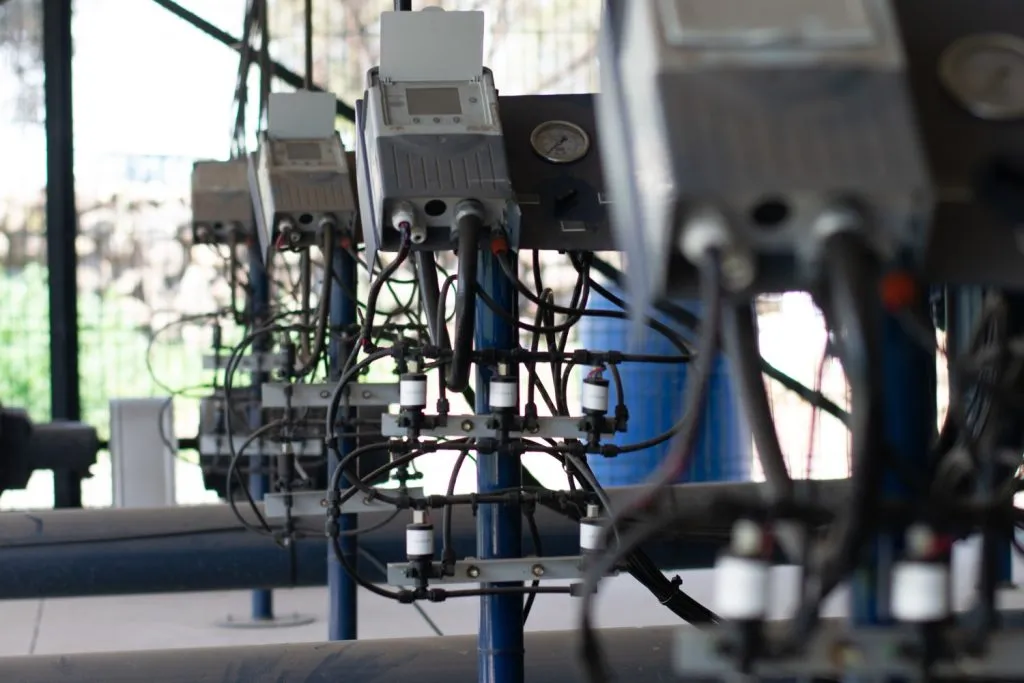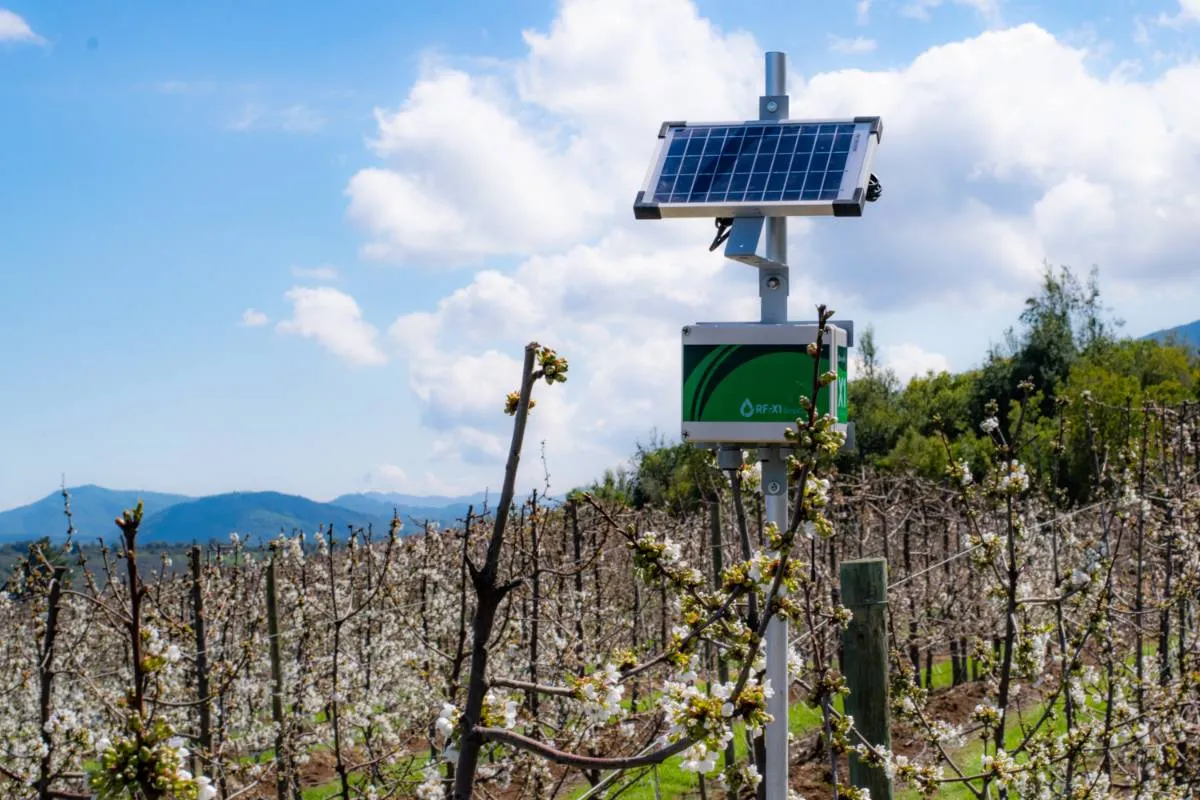
The Role of Artificial Intelligence in Optimizing Large-Scale Agricultural Irrigation
The strategic role of AI in agriculture is rapidly evolving as a key factor in optimizing large-scale irrigation systems. Growing water scarcity and sustainability requirements are driving the adoption of smart technologies that combine IoT networks, distributed sensors, and machine learning in agriculture to enable highly precise, efficient, and resilient irrigation strategies.
What is AI in Agriculture?
AI in agriculture leverages predictive algorithms, big data processing, and computer vision to manage variables such as soil moisture, local microclimates, evapotranspiration rates, and crop water demand. Unlike conventional automation, ai in farming allows dynamic, data-driven decision-making, adjusting irrigation schedules and operations in real time based on sensor input and weather forecasts.

How Machine Learning is Transforming Agricultural Irrigation
Machine learning in agriculture plays a critical role in enhancing water use efficiency and system adaptability. By processing vast volumes of historical and live field data, machine learning algorithms detect patterns and correlations that help:
- Forecast water demand based on climatic and phenological trends.
- Optimize fertigation and irrigation schedules dynamically.
- Generate automatic alerts for system failures or unexpected weather changes.
How is AI Different from Traditional Automated Irrigation?
While traditional automated irrigation relies on static schedules and fixed timers, modern AI in agriculture integrates real-time data feeds from weather stations, satellites, and distributed soil sensors. This enables dynamic adjustments, such as implementing deficit irrigation strategies or variable-rate applications tailored to microzones within the same field, minimizing waste and maximizing yield.
Benefits of AI in Large-Scale Irrigation Systems
Deploying ag ai at scale delivers measurable advantages:
- Improved water efficiency: Reduce losses through runoff and evaporation.
- Energy savings: Minimize pump run times and energy consumption.
- Remote monitoring: Control multiple fields and blocks from a single cloud-based dashboard.
- Scalability: Easily expand with new sensors and zones through flexible IoT architectures.

How Does AI Contribute to Sustainable Agriculture?
AI for agriculture directly supports sustainable farming practices. By applying only the exact water and nutrients required, AI systems reduce excessive fertilizer runoff and groundwater depletion. The continuous flow of data and predictive insights also enables better long-term planning, aligning with regenerative and climate-resilient production systems.
Future Trends of AI in Agriculture
The future agriculture landscape will see deeper AI integration and more autonomous decision-making capabilities:
- Predictive platforms combining satellite imagery and AI to forecast crop stress.
- Blockchain integration to verify sustainable irrigation practices and data traceability.
- Self-powered sensors using renewable energy and low-power mesh networks.
- Highly accurate phenological models for specific crops and microclimates.

Challenges and Considerations in Implementing AI for Irrigation
Implementing AI in large-scale irrigation brings specific challenges:
- Robust infrastructure: Reliable sensors, gateways, and secure communication networks.
- Technical expertise: Skilled teams to interpret analytics and adjust algorithms.
- Upfront investment: Initial costs for hardware, software licenses, and ongoing support.
- Interoperability: Compatibility with various hardware vendors and third-party platforms via open APIs.
Why Are Open APIs Important for Smart Irrigation?
API-based integrations allow seamless connectivity between weather forecast services, irrigation control systems, and monitoring platforms. This interoperability means irrigation schedules can automatically adapt to new climate data or operational changes, ensuring scalability and flexibility without vendor lock-in.
Conclusion
➡️ Discover advanced solutions to optimize your irrigation system with WiseConn. Using intelligent technologies that integrate sensors, IoT networks, and real-time analytics, automate, monitor, and control your agricultural irrigation. Improve water efficiency, reduce costs, and ensure sustainable practices. Visit WiseConn or explore our complete solution here.
To learn more about how Wiseconn can help you optimize water use in your irrigation system, visit our solutions and hardware pages.


